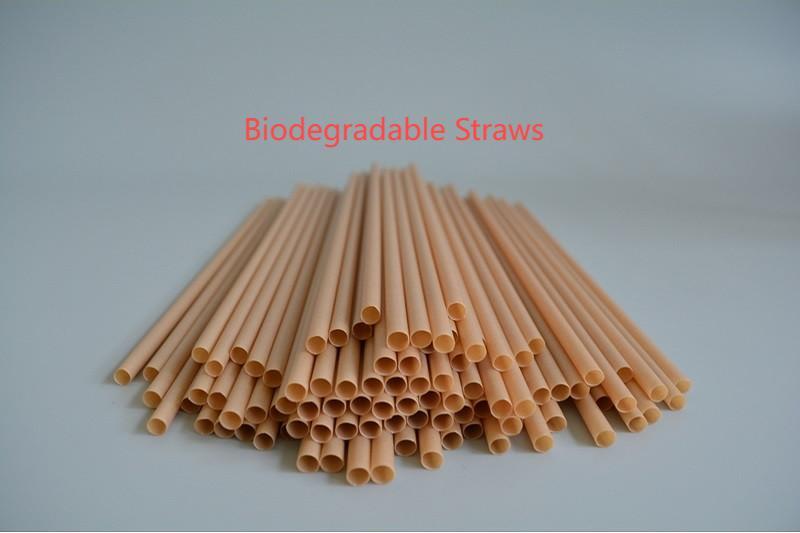As consumers and regulators push for sustainable practices, manufacturers are evolving to meet new expectations—and eco-friendly straws are leading this transformation. Positioned as both functional and responsible, eco-friendly straws are reshaping the way businesses view single-use items, especially within the food and beverage industry.
In China, a hub for global manufacturing, leading producers are exploring innovative ways to reduce environmental impact while maintaining efficiency. Among them, Yiwu Soton Daily Necessities Co., Ltd. (Soton Straws) has emerged as a front-runner in adapting to green production standards. Their journey from plastic-based products to a full-scale biodegradable portfolio exemplifies how smart manufacturing can align with modern sustainability goals.
Soton’s approach begins with sustainable materials—ranging from FSC-certified paper to PLA (a corn-based biopolymer), and even newly developed bamboo fiber composites. These materials offer excellent durability while remaining compostable under industrial or natural conditions. The company’s R&D team works closely with material suppliers and environmental labs to test decomposition rates, moisture resistance, and food-contact safety, ensuring all products meet global standards like BPI and FDA certifications.
Beyond materials, the company has redesigned its factory floor to minimize waste. Soton utilizes closed-loop water systems and energy-efficient drying tunnels to lower emissions during production. They’ve also implemented modular machinery that reduces offcuts and automates production adjustments in real time, improving resource usage across the board.
Importantly, innovation at Soton is not limited to hardware. The firm has invested in data-driven quality control systems and eco-conscious packaging. Every batch is digitally monitored for consistency, and packaging is designed for minimal plastic use—typically replaced with recyclable kraft paper or compostable film. This commitment extends to transportation, where Soton now consolidates international shipping to reduce carbon output.
One of the key drivers of demand for sustainable straws is the growing list of countries banning plastic alternatives. From Canada’s national plastic ban to progressive regulations in the EU, restaurants, cafes, and retailers now rely on manufacturers who understand both compliance and performance. Soton’s global logistics team keeps pace with regional policy updates, ensuring clients always receive products that meet the latest environmental criteria.
Customization is another area where Soton stands out. The company allows food service brands to personalize straws with logos, printed designs, or colors, using soy-based inks. This balance between branding and biodegradability appeals to modern businesses that care about image and impact equally.
As large beverage chains shift toward responsible sourcing, Soton has grown into a strategic partner—not just a supplier. Their commitment to scale, sustainability, and international compliance gives them a competitive edge in a space where quality and conscience matter equally.
Soton continues to educate clients about proper disposal and end-of-life options for their products. They frequently collaborate with retail partners on eco-awareness campaigns, encouraging customers to adopt zero-waste lifestyles by using certified compost bins and avoiding plastic straw contamination.
By uniting material science, operational efficiency, and environmental vision, Soton demonstrates what’s possible in the evolving world of straw manufacturing. Their innovation ensures that sustainability doesn’t come at the expense of usability, brand identity, or compliance.To learn more about Soton’s wide array of biodegradable products, visit their official page: https://www.sotonstraws.com/product/ .

